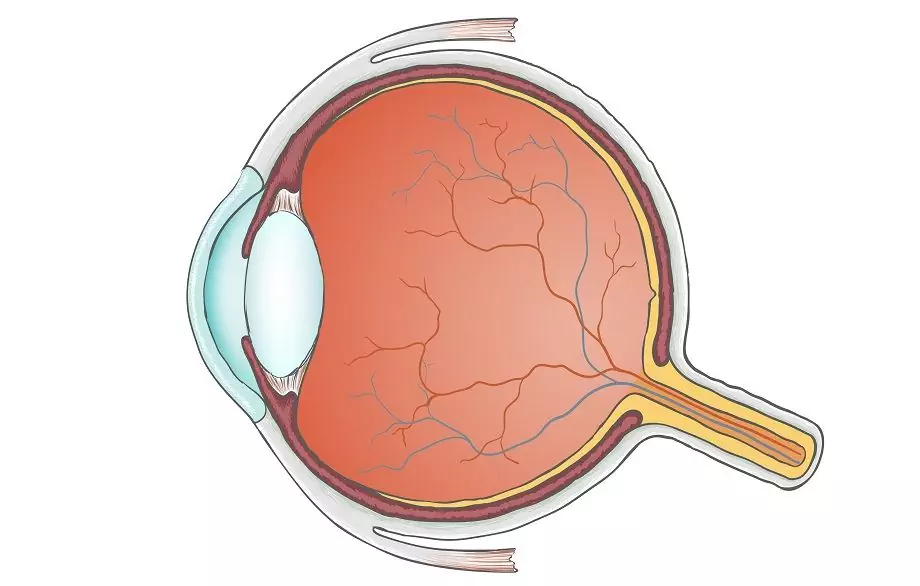- Author Rachel Wainwright wainwright@abchealthonline.com.
- Public 2023-12-15 07:39.
- Last modified 2025-11-02 20:14.
About endocrinology

Endocrinology is a field of medicine that deals with diseases of the endocrine glands, which ensure the flow of hormones into the blood. This is one of the most difficult areas, covering all organs and tissues, without exception, because all body functions are controlled by the neuro-humoral mechanism. Neuro is what belongs to the nervous system, and the humoral part is provided by the endocrine glands.
Hormonal regulation is a delicate and well-oiled mechanism that forms a closed cycle, since the endocrine glands themselves are also subject to neuro-humoral control. The endocrine glands regulate the processes of growth, metabolism, mental abilities, sexual function, as well as the body's adaptation to constantly changing environmental conditions, ensuring the constancy of the most important vital functions.
Endocrinology considers disorders in the work of the endocrine glands of two types: an increase in the function of the gland (hyperfunction) or a decrease in it (hypofunction). Both those and other disorders can lead to serious consequences, for example, diabetes mellitus is accompanied by hypofunction of the pancreas. In addition to the pancreas, the following organs belong to the field of endocrinology:
- Pituitary;
- Hypothalamus;
- Thyroid;
- Adrenal glands;
- Sex glands (testes in men and ovaries in women).
Diseases of the endocrine glands are a common pathology, for example, diabetes is called the plague of our time. According to data published by WHO, every 10 years the number of cases of diabetes mellitus increases by 15% - an extremely alarming statistic.
Modern endocrinology has significant potential to compensate for hormonal deficiency with hormonal drugs administered from the outside (hormone replacement therapy) or to reduce the excessive activity of the gland, either by medication or by surgery. Many diseases in endocrinology require lifelong therapy and regular monitoring by a specialist. This applies to those cases when part of the function of the gland is lost forever. Unfortunately, it is impossible to eliminate such a pathology today, but provided adequate compensation can improve the patient's quality of life to normal, and give him the opportunity to live a long, active life.
Found a mistake in the text? Select it and press Ctrl + Enter.






